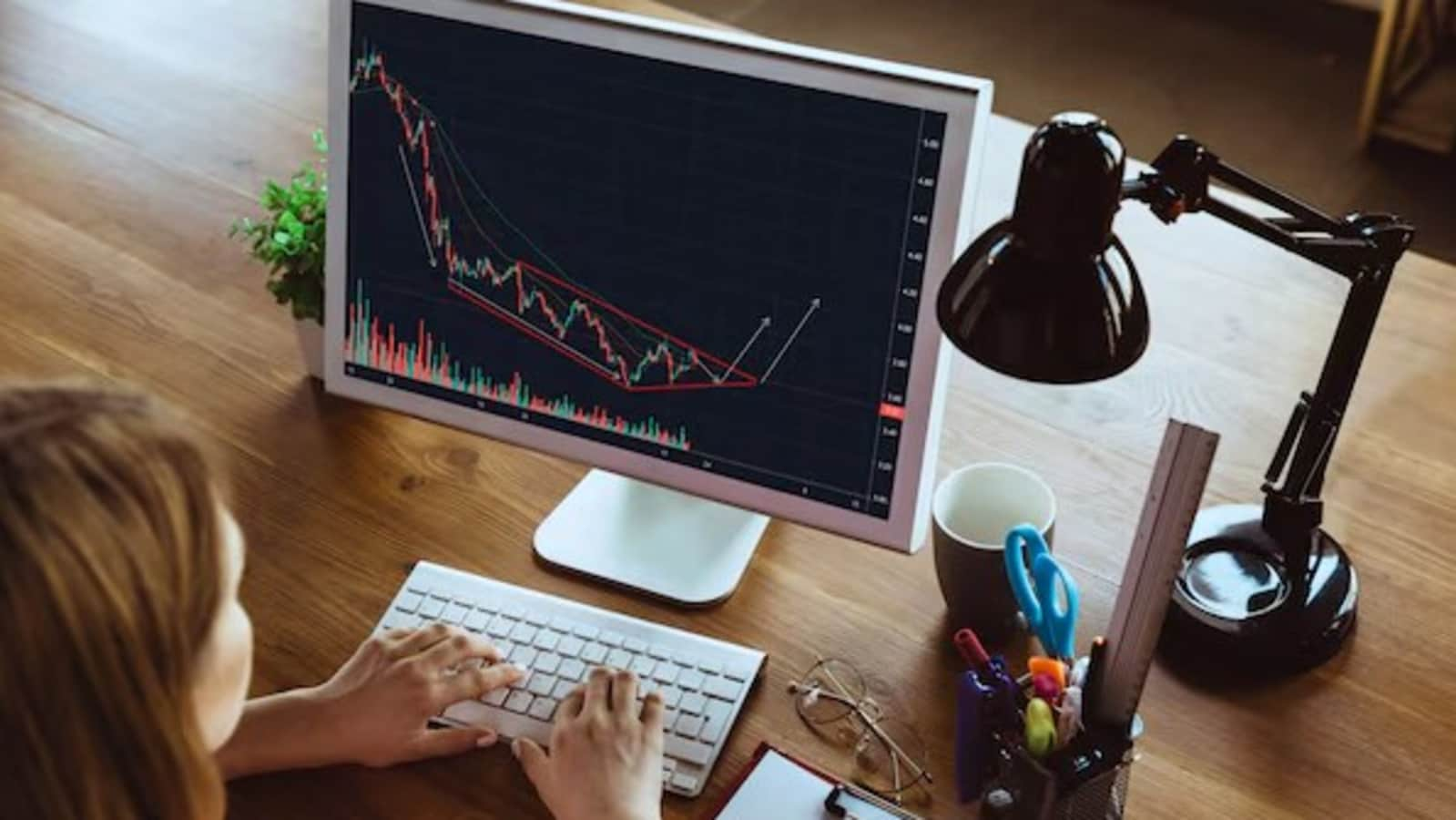A significant downturn in bank stocks has cast a shadow over Japan, marking the most severe weekly decline in four decades. This alarming trend follows a global selloff that has left investors rattled and raised concerns about a potential recession. The situation has been exacerbated by shifting trade policies under President Donald Trump, which have significantly impacted financial markets worldwide.
The Impact on Japanese Banks
As fear ripples through the global economy, Japan’s financial sector has not been spared. This past week, shares of Japan’s three major banks plummeted, with losses of 20% or more—the steepest since the 2008 financial crisis.
- Mitsubishi UFJ Financial Group, Japan’s largest bank, witnessed an 8.5% drop on Friday, culminating in a 20% decline for the week, its worst showing since 2003.
- Mizuho Financial Group experienced a staggering 11% fall on Friday and over 22% for the week, marking its largest drop since 2008.
- Sumitomo Mitsui Financial Group also saw its shares decline by 8% in one day, resulting in a 20% loss over the week.
The combined market value loss for these three institutions exceeded 10 trillion yen (approximately $69 billion).
Global Context of the Selloff
This dramatic shift in bank shares isn’t confined to Japan. European banks have also felt the pressure, with a 6.5% drop in a basket of regional lenders—the lowest level since February. U.S. banks, too, have faced significant losses, with Citigroup falling over 12% and Bank of America declining by 11%. Notable declines were also seen in Morgan Stanley, Goldman Sachs, and Wells Fargo, each down more than 9%.
Fred Neumann, the chief Asia economist at HSBC, noted, "The world has changed, and in few economies do these changes reverberate as strongly as in Japan."
Investors Seek Safe Havens
As uncertainty grows, investors are flocking to safer assets like government bonds. The 10-year Japanese government bond futures approached a trading halt, with yields—typically inverse to prices—set to drop by 35 basis points in one week, the largest decline since 1993. This trend signals a dramatic shift in investor sentiment, as expectations for an interest rate hike by the Bank of Japan have all but vanished.
Sean Taylor, chief investment officer at Matthews Asia, explained, "So Japanese banks are factoring in no rate hike," reflecting the market’s cautious outlook amid fluctuating global interest rates.
The Broader Economic Fallout
The TOPIX banks index, which reached a 19-year high just two weeks ago, has now plummeted by 24%, with a staggering 20.2% weekly decline—the largest drop since 1983, according to LSEG data. The Nikkei share average also closed 2.75% lower on Friday, marking a 9% decline for the week, the worst performance since the pandemic-induced market turmoil of March 2020.
Financial experts, including Amir Anvarzadeh, a Japan equity strategist at Asymmetric Investors, predict continued challenges ahead: "It’s a wholesale move out of banking stocks, and I think this will continue."
Conclusion
As the landscape of global finance shifts, the ramifications are evident in the dramatic declines of bank stocks across Japan and beyond. Investors are urged to stay informed and prepared for continued volatility in the market as economic conditions evolve.
For more insights into market trends and investment strategies, check out our articles on global finance and investment strategies.











